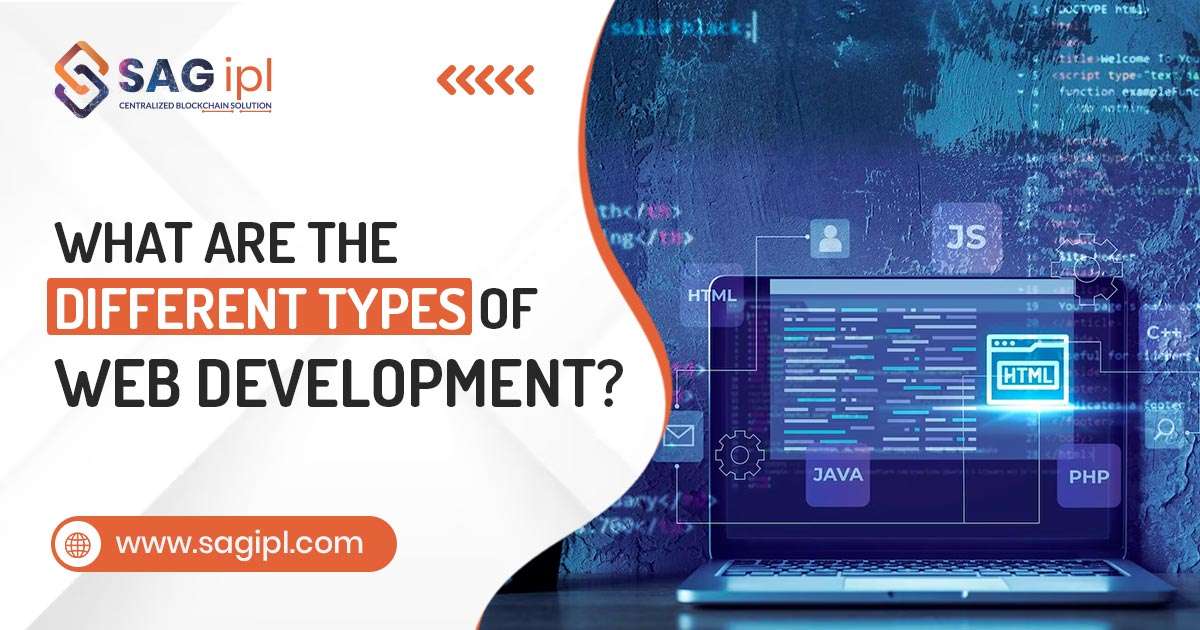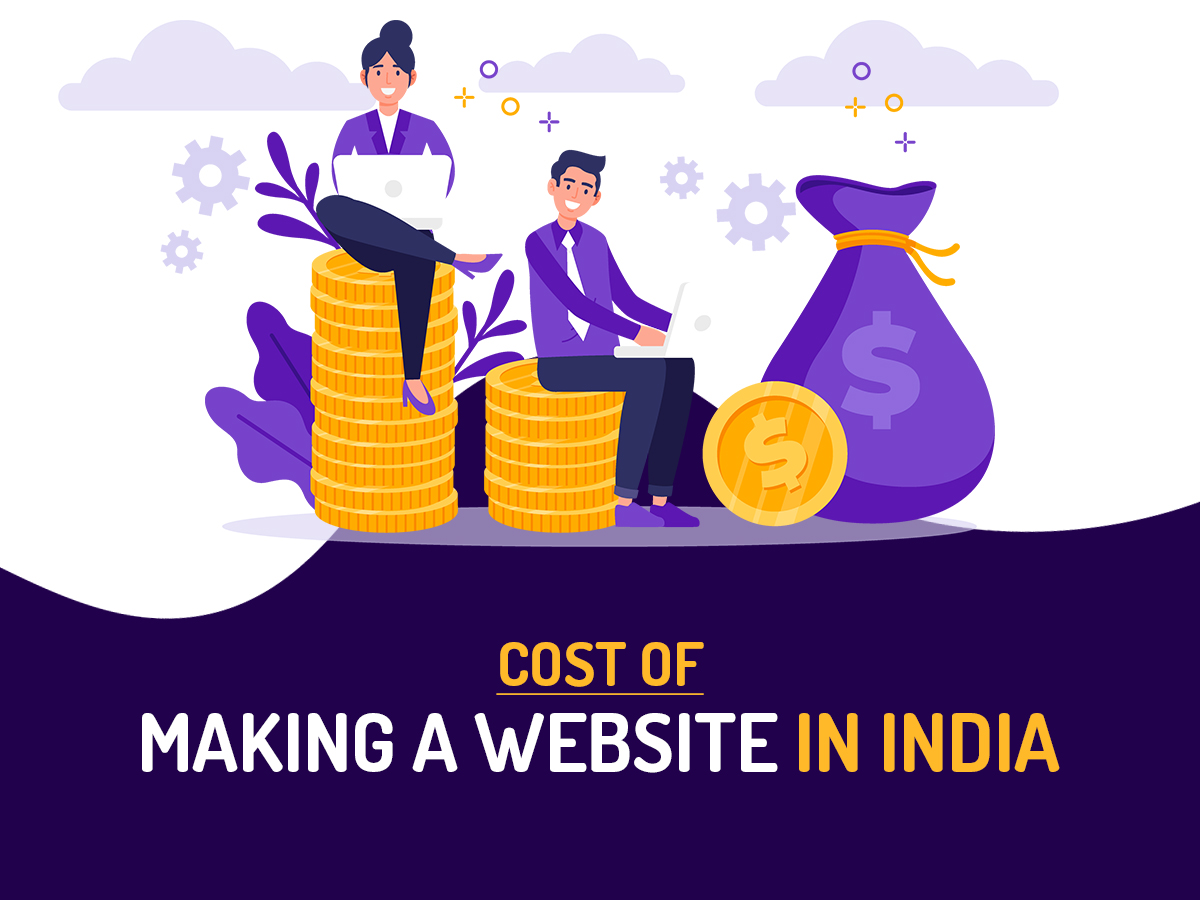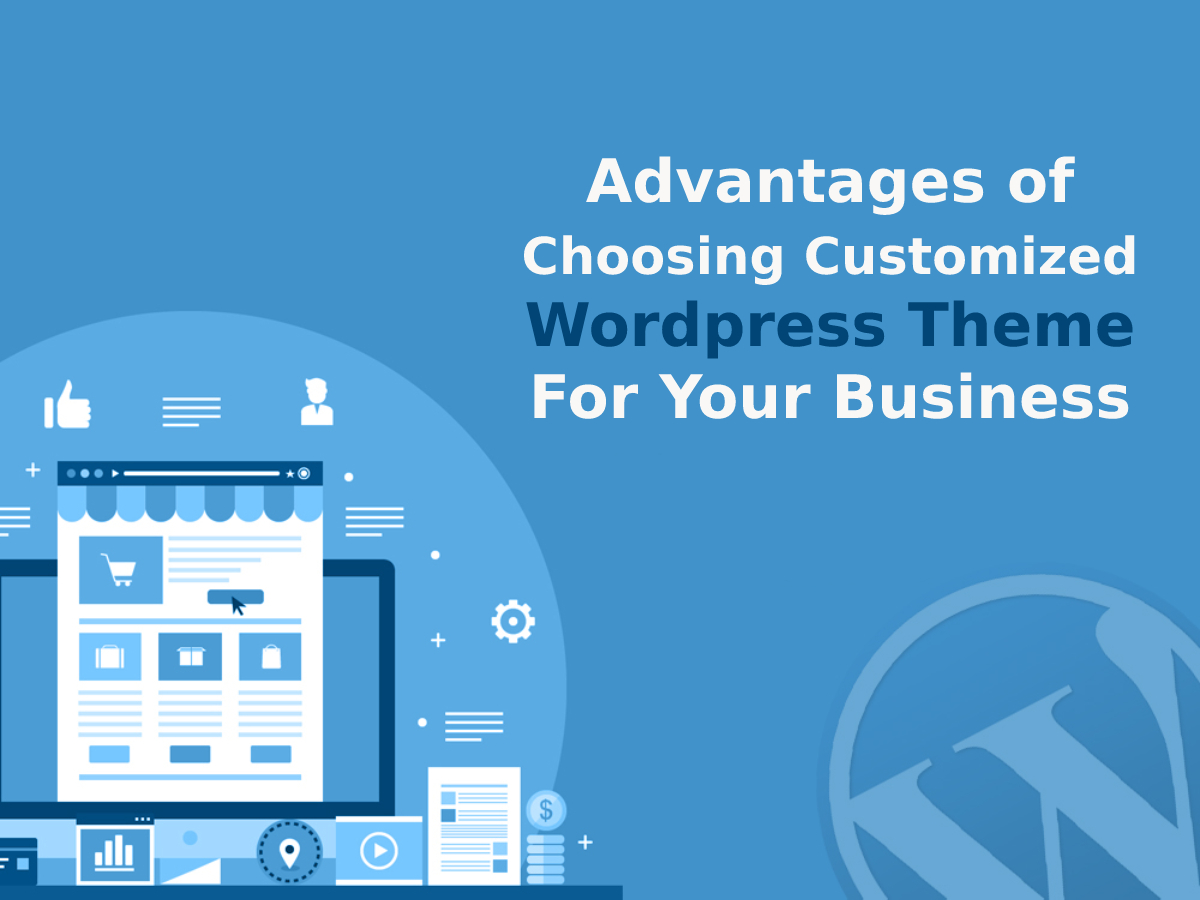Web development refers to the development of a website to be hosted or published on the World Wide Web or the Internet. There can be many objectives for web development, from building a business website to establish a brand’s online presence to developing a personal website to boost an individual’s personal or professional branding. In any case, it may be helpful to learn about web development, including the different types of web development.
What is Website Development?
Web development refers to the creation of a website.
A website is an online platform through which users can find information about a particular company, product, service, or person or make transactions such as online shopping. Websites exist online and act as a source of information or a medium of transaction for online users.
Everything you see online, every piece of content, information, etc. is available in the form of a website. Even Google is a website, which is used to find other websites.
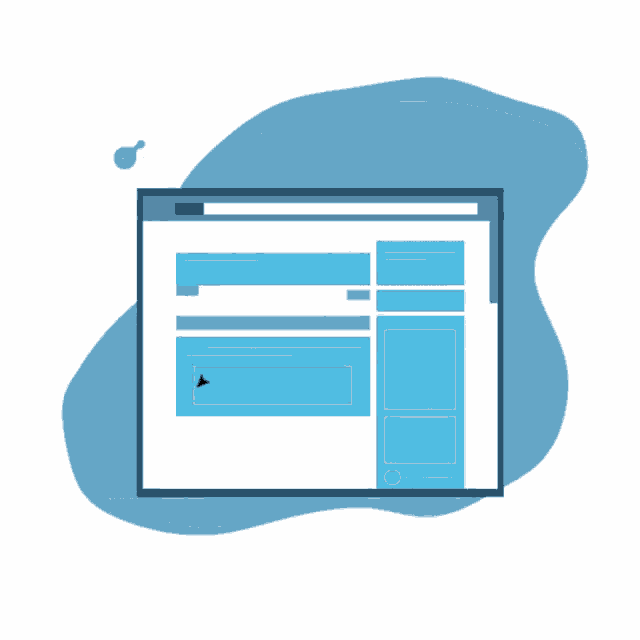
A website can also be regarded as an interface through which users interact with online services or content.
Similar to Google’s three types of search queries–informational, navigational, and transactional, there are the following three major types of websites:
- Informational – websites that are meant to provide information to readers.
- Navigational – specific niche websites
- Transactional – websites where users can transact or interact with pages
Web development refers to the process of creating a website for the Internet. A website has both server-side and client-side components. A browser, which is a client program, can be used to request a particular website from the server by sending its unique URL (uniform resource locator). Web development involves developing both the client and server sides of a website.
Client-side web development, also called front-end development, involves building the website’s user interface (UI), including things that are visible to a user, such as text, images, and content. The UI of a website is developed using languages and tools such as Javascript, HTML, and CSS. Server-side development, also called back-end web development, involves developing a website’s functions, logic, and database using programming languages such as PHP, C, C++, Java, etc.
Some websites can run without a server. These are called static websites and are used for information purposes mainly. Web development of static websites is easy and takes not more than a few days. Other websites, called dynamic sites, need a server-side database and can be complex to build and the web development takes days, if not months.
The cost of web development depends on several factors, including the developer’s cost, number & type of features, website design and size, and development time and complexity.
What’s a Web Development Company?
A website developer or company is a resource to hire professional web developers or website building services when you need a website for your business or any other purpose. Not all web development companies provide all types of website development services, so do your research when selecting a web development agency for your project.
Why is Web Development Important?
Whether you’re an individual looking to learn a powerful skill to take your career to the next level or a business owner looking to grow his/her online presence through a website, web development is all you need.
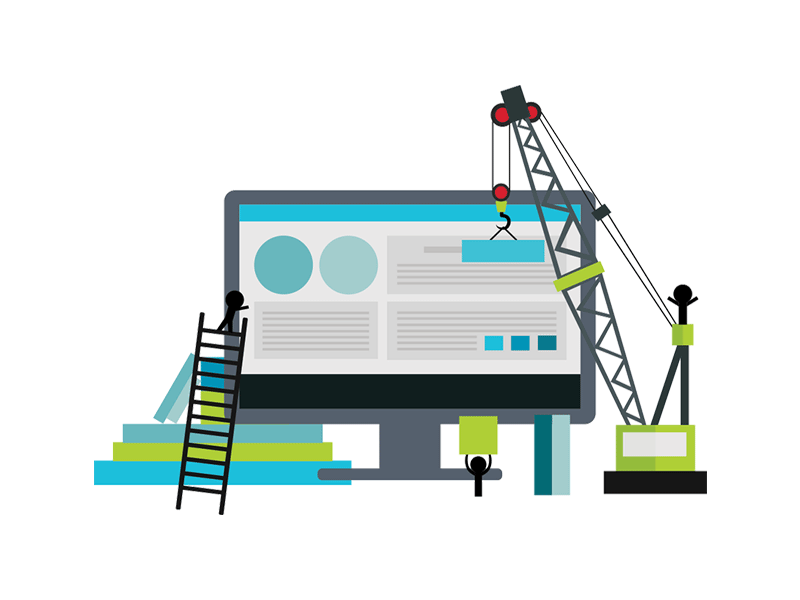
A website is an integral part of the internet. It’s practically impossible to imagine the internet without websites. So, we need web development to ensure the continuous development of good, meaningful websites for the steady growth of the internet.
Web development benefits every individual who uses the internet or every business that transacts online. There would be no online shopping, online gaming, online job search, social media, etc. without websites.
Web development is the easiest way for a business or professional to build their presence online. Getting your website developed by a professional web development agency can do wonders to help expand your online reach and credibility, enabling you to reach and connect with millions of potential customers using the internet.
There can be countless uses and benefits of a website, such as:
1) Making Money – through blogging, content creation, advertising, affiliate marketing, and online businesses.
2) Selling Things Online – an e-commerce website that enables you to sell anything online with features like integrated payments and shipping.
3) Selling Skills and Services – you can also sell your unique skills or services online to those who need them through a website.
4) Saving Money – Web development is easy and inexpensive. You can start your website with as low as $100.
5) Building An Online Presence – Businesses can use their websites to build and expand their online presence, reaching and attracting more customers online.
6) Marketing Tool – Websites are a great, and mostly free, marketing tool that businesses can use to promote their products & services, display authority, build trust, and grow their brand value.
Other common purposes of website development may include social networking, online education, entertainment (gaming, etc.), information, and generating more leads and sales for a business.
On that note, let’s move on to reading about the different types of web development.
Different Types of Web Development
There can be different types of web development, based on goals, platforms and tools, types of websites, number of pages, web design, layout, web development trends, and more. We are going to discuss most of them here.
Front-end (client-side) Web Development
Front-end web development involves creating the user interface (UI) of a website, including various visual and interactive elements that users directly engage with when browsing a website.

Front-end languages such as HTML for layout, CSS for styling, and JavaScript for dynamic behavior are used in this type of web development.
One of the core duties of a front-end developer is to ensure seamless user experiences by creating user-friendly layouts, responsive designs, and robust client-side functionalities. They collaborate with back-end developers to ensure the UI smoothly integrates with the website’s server-side functionalities, enabling data retrieval and updation.
Front-end web developers may have expertise in various front-end technologies and frameworks, such as React and Angular, for the successful crafting of modern, user-friendly websites and apps.
Backend (server-side) Web Development
Backend web development involves writing server-side code to build a website’s logic, databases, and APIs that enable the website’s functionality. Web developers utilize service-side development languages like JavaScript (Node.js), Python, Ruby, or Java.

JavaScript frameworks like Express for Node.js are used for server-side development and for creating functionalities such as routing, middleware, and handling HTTP requests. Some of the key aspects of the development process include database management, authentication, and business logic implementation.
Other popular backend web development frameworks include Django (Python), Ruby on Rails (Ruby), and Spring Boot (Java), which commonly provide structure and tools for rapid backend development. Maintaining server security, scalability, and good communication with the front end is crucial to successful backend web development.
Full Stack Web Development
Full Stack Web Development refers to a comprehensive type of web development where the developer has expertise in both front-end and back-end technologies, enabling him to work on all aspects of a web application.
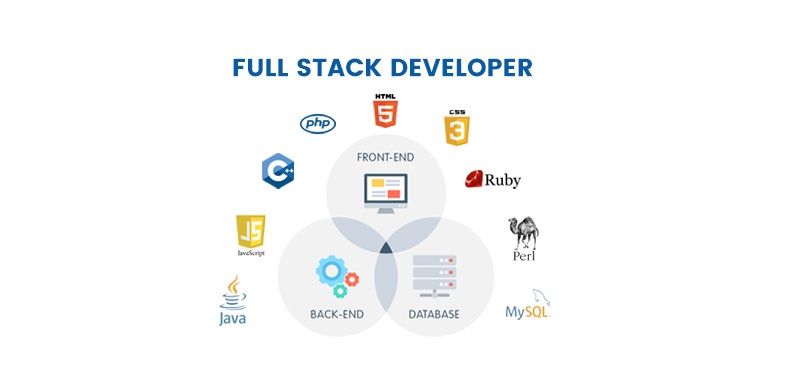
Full-stack developers have proficiency in the entire development stack, from developing user interfaces using HTML, CSS, and JS frameworks to building server-side logic, databases, and functionalities using languages and tools such as Node.js, Python, Ruby, or Java and frameworks like Express or Django.
This comprehensive skill set with the knowledge of both sides of web development allows full-stack developers to efficiently handle end-to-end website development while ensuring seamless integration between the front-end (UI) design and server-side functionalities.
WordPress Web Development
WordPress is the most popular and commonly used content management system (CMS) for web development, with more than 810 million websites using it as of 2024 (according to searchlogistics.com). Take a look at these amazing WordPress statistics if you’re not convinced. The key thing about WordPress is that it allows users to create and manage websites very easily.

WordPress 6.0, which was unveiled recently, is a significant version that introduced many new features and improvements, with a primary focus on strengthening its existing customization tools.
Another reason why WordPress is favored by developers is that it offers many built-in optimization plugins to enhance performance, including site speed. WordPress has a vast range of themes that can be used to seamlessly customize your website’s appearance, and developers are constantly introducing new WordPress themes to match evolving needs.
Developing a WordPress website involves signing up for a free WordPress account and selecting your desired team, which you can effortlessly customize to build a powerful website. The platform even lets you convert an existing PSD design to WordPress to build awesome websites fast.
However, if you’re not familiar with WordPress development or need help, you can easily find and hire professional WordPress developers who specialize in building and maintaining WordPress websites. Thanks to WordPress’ intuitive interface and suite of tools, any development errors can be addressed easily through troubleshooting or seeking help from the vast WordPress community.
PHP Web Development
PHP (Hypertext Preprocessor) is a popular server-side scripting language widely used primarily for website development. It seamlessly integrates with HTML (used for front-end development) and supports popular databases like MySQL.
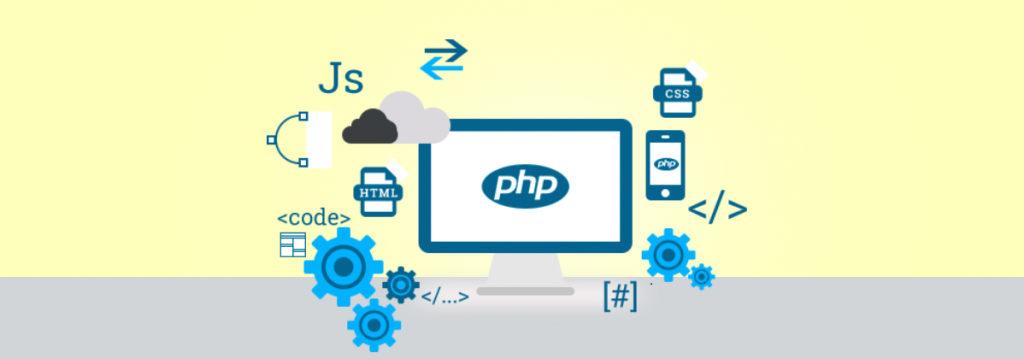
As a server-side development language, PHP is a great option to create dynamic web pages, process forms, and manage sessions. PHP web development companies or developers use PHP frameworks such as Laravel or Symfony for fast and efficient development with reusable code structures.
Security is crucial in PHP web development, and measures like input validation, secure database queries, and safety against common vulnerabilities can be used to safeguard PHP websites. Regular updates, adherence to best practices, and employing security protocols are some other ways to protect your PHP website from potential threats.
Python Web App Development
Python is a universal language for web app development with popular frameworks like Django and Flask. While Django provides a high-level, comprehensive structure for website development, Flask offers flexibility for modular applications.

The cost of a Python-based web application varies based on complexity, features, and developer rates. While smaller apps may cost a few thousand dollars, more complex and feature-rich developments with advanced functionalities can cost a lot more. Contact SAG IPL for cost-effective and efficient web application development in Python.
eCommerce Website Development
E-commerce website development refers to creating online platforms or shopping websites to allow buying and selling goods or services. Some popular eCommerce platforms and tools include WooCommerce and Shopify, each offering unique features, including user-friendly development and customizable designs for businesses.

The e-commerce development process involves the use of languages like PHP (for WordPress and WooCommerce) or Ruby (for Shopify) to build a fresh website on an existing or customized online shopping theme. Choose from the vast collection of themes offered by both platforms.
The cost of eCommerce web development varies based on factors such as developer cost, platform choice, design complexity, features, and functionalities.
Web Application Development
Web Application Development may refer to creating interactive, dynamic software applications for the web. These web applications are generally accessed through web browsers.
Top web app development languages include JavaScript, Python, and Ruby, and popular frameworks including React, Angular, or Django are used by developers to streamline the process. Check out some interesting web app stats.
Mobile-friendly (Responsive) Website Development
Mobile-friendly or responsive website development involves creating websites that adapt seamlessly to various screen sizes of different devices such as smartphones, tablets, and desktop computers, ensuring optimal user experiences across all popular devices.
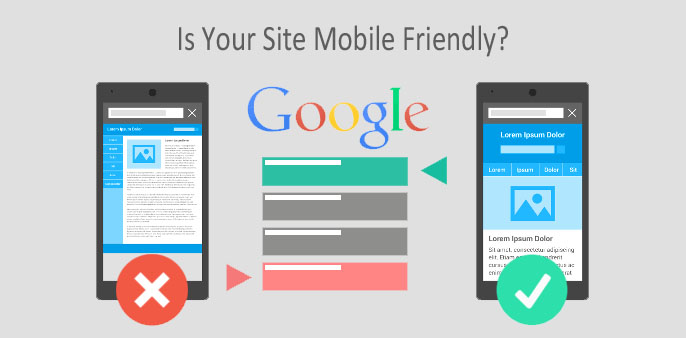
To build responsive web designs or make an existing website mobile-friendly, developers might use techniques like fluid grids, flexible images, and media queries in HTML, CSS, and JavaScript.
Some benefits of mobile-friendly websites include enhanced accessibility, reduced bounce rates, and improved SEO, especially from mobile platforms and devices. Making your website responsive will allow you to be compliant with search engine preferences for mobile-friendly content, automatically boosting your site’s ranking in search results and getting more leads for your business.
Cryptocurrency Website Development
Another type of website that we build here at SAG IPL is a cryptocurrency website, also called an ICO website or token website. Cryptocurrency website development involves creating a highly impressive and user-friendly website for a cryptocurrency or blockchain-related project, which can be blockchain products, services, trading websites, or Initial Coin Offerings (ICO).
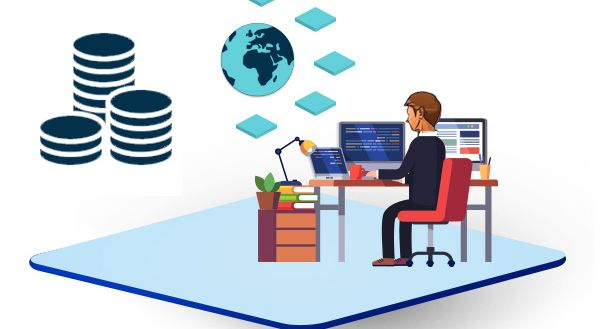
Crypto websites generally have more features than regular websites with an enhanced focus on security. ICO websites are used for fundraising for new crypto projects and involve creating and issuing crypto tokens to investors.
While token development may involve using blockchain programming languages like Solidity and platforms like Ethereum for smart contract development, building an ICO website is pretty straightforward and costs much less.
Types of Web Developers
There are two major types of web developers: freelancers and full-time developers who generally work for web development companies.
Freelance developers are independent web development professionals offering services to different clients for different types of web development projects, providing flexible development at a relatively low cost.
On the other hand, web development companies have full-time, dedicated teams of developers, enabling access to diverse skill sets, including web design, coding, and content all in one place. They offer scalability, follow a structured development process, and have teams to handle larger projects and provide customer support. In terms of quality and credibility, a web development company is usually better than a freelancer.
That’s all for now. If you need web development services of a professional company or want to discuss your website project with a professional, contact SAG IPL to set up a meeting.

